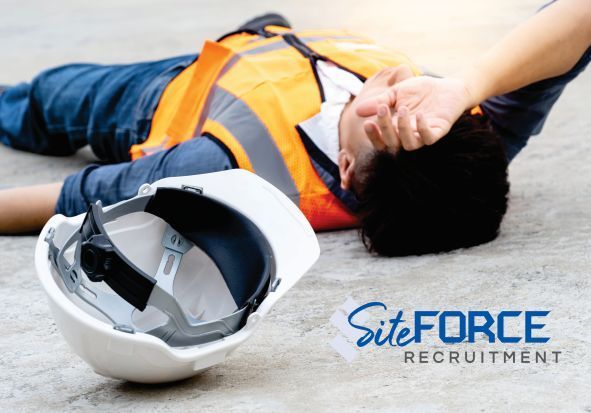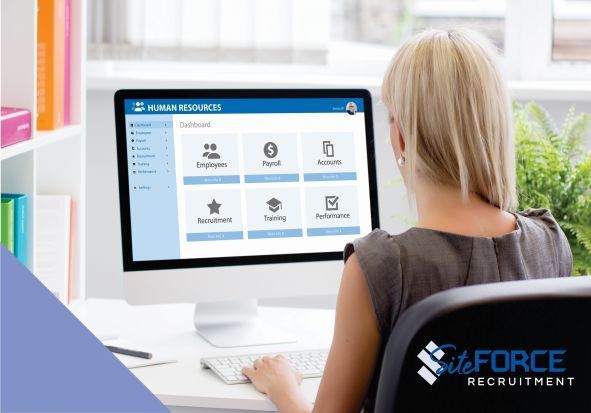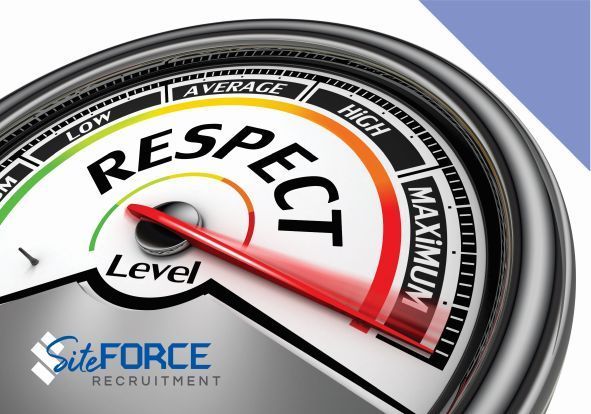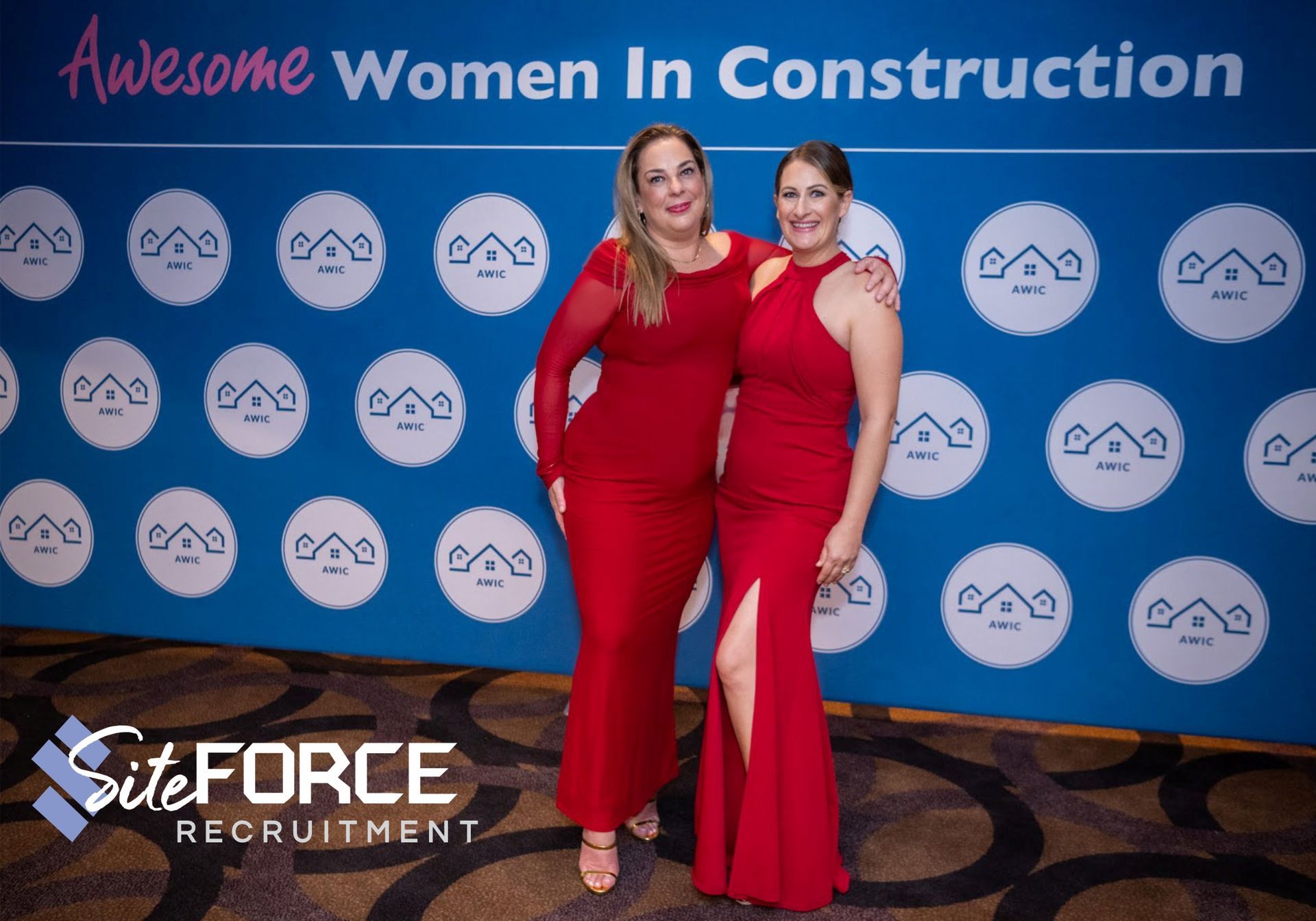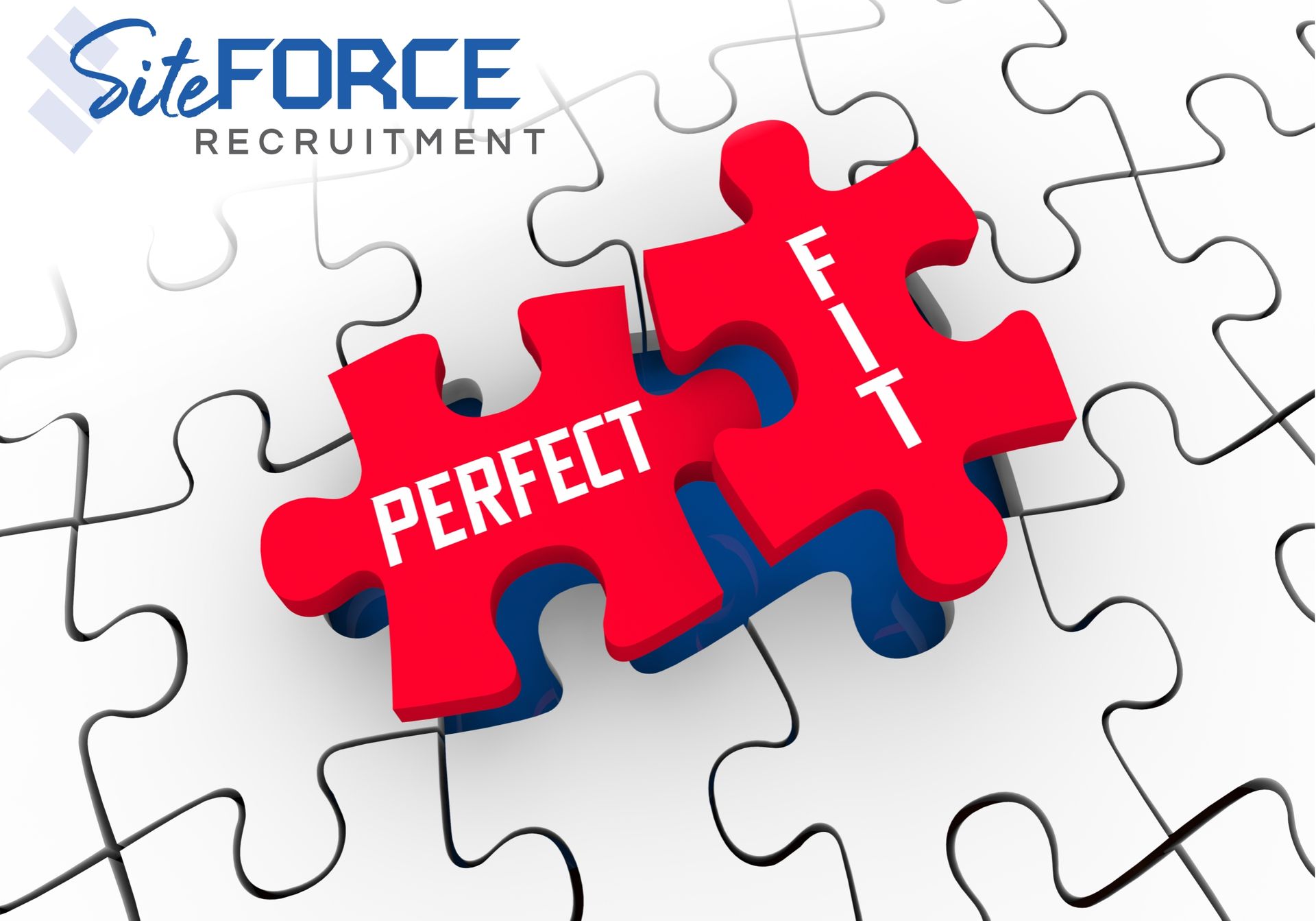I Want to be the Best [fill in the blank]
Below the Line -v- Above the Line

We live in an incredibly fast-paced world in construction. We're always searching for the next big thing, and want to be the best version of ourselves. We want to know that we're living up to our potential – or if there is more we can do.
We know; we've heard it a million times. Yes, I'm motivated. Yes, I really want to improve myself. I really just want to be the best electrician / project manager / plumber / provider / [fill in the blank for you]. But sometimes, things just happen on-site or with others that throw you off your best game.
Have you ever taken a moment a few hours after an event in your life, and thought to yourself, "Why did I say that" or "Why did I act that way" or "It just came out all wrong"?
Whilst we're not proposing we're personal or professional development gurus, we are very aware of the differences of those we work with and engage with. Those who struggle through life and those who are consistently successful, both financially and in relationships. In our experience, it can come down to the difference between two personal philosophies and which one you adopt as you go through life: "the world happens to me" -v- "the world happens by me".
Below are some identifiers for you, and also some science-based tips that you may like to adopt, so you are the best version of yourself and perform at your best too.
The World Happens To Me - Below The Line Identifiers
This approach will often result in what is called 'Below The Line Behaviour'. It is the kind of behaviour or attitude to something that you take in the heat of the moment that, in future, you may come to regret. It comes from a place of resistance or threat and often takes the form of something reactive, or defensive or recycles drama beyond its worth.
Behaviours often associated with this type of approach to life include gossip, suppressing emotions or using numbing aids to alleviate stress or pain.
To understand this further, you can look at it in the form of what statements and language you may have used, specific behaviours you may exhibit or beliefs you may hold onto. Personally held beliefs can strongly impact how you receive information from the world. If one of the below is something you find you tell yourself regularly, you may risk a knock-on effect. Examples of 'Below The Line' statements or behaviours include:
· I/You/They can't
· I'm right/They're wrong
· My Way or the Highway
· An apology with an excuse
· Being right is the most important thing to me
· I need to be in control (even if it is not something controllable, or in my area of management)
· Safety and security come from something outside of myself.
All of the above are incredibly rigid and indicate a strong reliance on things out of your control working in your favour, before you can maintain a healthy headspace.
Some self-awareness and knowledge of when you are tending towards these statements or behaviours will help you make a conscious decision on how you respond to something. This will help you make massive strides in your life.
The World Happens By Me – Above The Line Identifiers
This approach is the one that employers look for. It often results in what is called 'Above The Line Behaviour'. It is the kind of behaviour or attitude that comes from a place of acceptance and trust and takes the form of being curious, responsive and growth orientated. Examples of 'Above The Line' statements or behaviours include:
- I take responsibility for
- What I hear you saying is
- There are more than two possibilities (e.g. not just right and wrong)
- I don't understand at the moment, so can I clarify
- I choose to
- Revealing creates connection - I need to feel and understand what is happening, rather than numb emotions
- Genuine expressions of gratitude and appreciation.
Can you see the difference? 'Below The Line' behaviours and statements are defensive and protective from a 'threatened' angle. Whereas the alternative 'Above The Line' behaviours and statements are much more 'open'. By leaning in, both to your emotions, and having a genuine curiosity to find how the other person thinks and feels to find a solution, you are far less likely to carry around an unresolved response.
One Small Start Based in Science - Gratitude
Neuroscience research reveals that showing genuine gratitude and appreciation of others and their work, releases chemicals in the brain that create fundamental and positive changes in the brain. An active practice of gratitude can increase neuron density and lead to greater emotional intelligence.
I know; it sounds like guru speak. But the science is precise. This practice has clear benefits for you that include the below (let alone the benefits to your co-workers):-
- Increased dopamine: a neurotransmitter that plays an important role in many vital functions, including pleasure, reward, motivation, attention and bodily movement (think 'natural high').
- Increased serotonin: often called the happiness chemical because it contributes to feelings of well-being, stabilises our mood and relaxes us.
- Greater activity in the medial prefrontal cortex is the brain's area linked to learning and making decisions (this surge comes when you express gratitude, not just feel it)
- Activation of the brain's 'altruism' and reward system regions: research shows that those focused on gratitude had greater activation of the ventromedial prefrontal cortex, meaning your brain craves the experience of giving to others versus oneself.
Sonja Lyubomirsky, a prominent positive psychology researcher and author of several books on happiness, states: "Gratitude is an antidote to negative emotions, a neutraliser of envy, hostility, worry and irritation". Her research recommends gratitude as both a pathway to experiencing more positive emotions as well as a motivator for self-improvement.
So, if you are on a path to being the best electrician / project manager / plumber / [fill in the blank for you] these tips on self-awareness may be a life changer for you. Try it if you catch yourself in any of the 'Below the Line' behaviours, and try adding the expression of gratitude into your daily routine. Let us know what difference it makes for you.
Related articles:
TCQ Tips - Delivering Results On Time: What stops you?
Construction Cowboys: How to Spot and Avoid Them
SiteForce Recruitment specialise in labour-hire and permanent recruitment in the construction industry. We are committed to valuing people, safety and well-being, collaboration, trust and of course – results!
CONNECT with us via our contact page or bookings links on our website if you are looking to recruit for, get your dream job, or join our amazing labour force team.
#siteforcerecruitment #recruitment #labourhire #brisbanejobs


